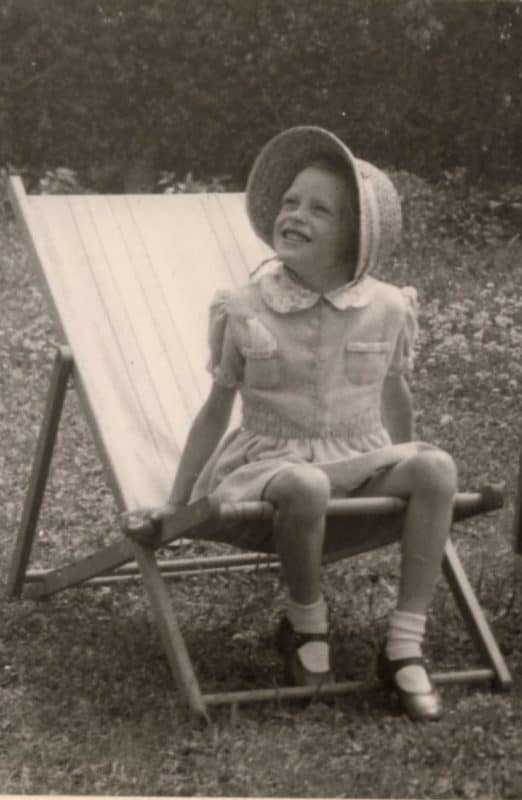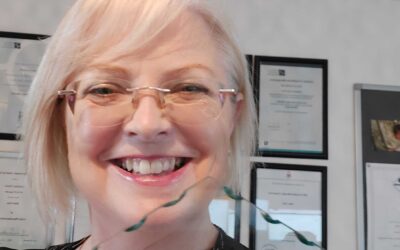I haven’t written for quite some time, and I realise that some people will have read my previous blogs and possibly wondered what has been happening with my mother, who was diagnosed with vascular dementia nearly two years ago.
She had been managing very well in her own flat with regular visits from her wonderful carers, particularly Sharna, who she became very close to. We all recognised that her cognitive abilities had declined, but found a technology or personal intervention for each change, so she was leading a very busy and happy life with U3A Music, Church, weekly shopping trips and hairdressers, visits to her partner and a weekly trip to the pub for a meal – added to this were family outings and parties. Her life was very full, and so was she, because Sharna had done an excellent job of making sure that she ate good filling meals and put on some extra weight which was much needed.
Then my husband and I took our first long-haul holiday together to The Seychelles for our 30th wedding anniversary.
Two days after we arrived my mother had a stroke. She had collapsed at her flat and been found by Sharna and my brother. I was assured that there was no reason to return early but went to the hospital as soon as we were home. The stroke combined with taking my mother out of her protective and familiar environment had had a drastic impact. At first, she didn’t really recognise any of us, she completely lost the sight in her right eye, and had very little sight in her left eye. She was disorientated, very tired and was struggling to communicate – her speech was fine, just made no sense. After three weeks in a district hospital she was then transferred to a community hospital for rehabilitation.
Initially things started to improve, but very quickly she deteriorated further to the point where the ward was locked for her safety and I had to ask people not to visit as I felt her personal dignity would be impacted if people who knew her saw her behaviour. I raised with staff that I felt she could be constipated – it turned out to be very true, and once rectified she started to improve.
However, this independent, private and proud lady could no longer feed herself, take herself to the toilet, wash or dress unaided. A Deprivation of Liberty Safeguard (DOLS) was put in place, and she could not be discharged without 24 hour a day care.
As someone who worked hard and saved, she has to pay for her own care, and her level of need is too low to qualify for Continuing Healthcare (CHC) funding – funding is awarded for people with the most complex needs only (e.g. intubated or near death). As her attorneys we have worked had to meet our obligations of securing an income for her, so she also pays income tax, and now pays over £1,000 per week after tax for her care.
This blog encapsulates two months of worry and stress, driving back and forth to hospitals, and her flat, meetings and form-filling. All the professionals I have met have been caring and compassionate but have to work within a system which doesn’t care about people with dementia or their families, or the stress that is put on them. Both my brother and I are self-employed which is good, because we could “drop and run” when needed and spend time to relieve her anxiety and visit the hospital every day. On the downside if we don’t work no one pays us. So this has been incredibly expensive, especially since I live 45 miles from the first hospital and 22 miles from the second.
She is now in a very nice nursing home where her partner is already a resident, and the staff know her well. Her health and cognition have improved slightly and as her anxiety reduces, but she will still never be the person she was. She recognises me and my brother which is lovely, but we appreciate that this probably won’t last much longer.
Each step is like a small bereavement, but you can’t mourn because the person is still alive, and you have to keep wading through the monumental amounts of forms, red tape and every day issues – such as emptying the flat to rent it out, so even on the days when you’re not at the nursing home you are frequently working on organising their life and not your own.
I am fortunate. I understand the system. God help those who don’t.



